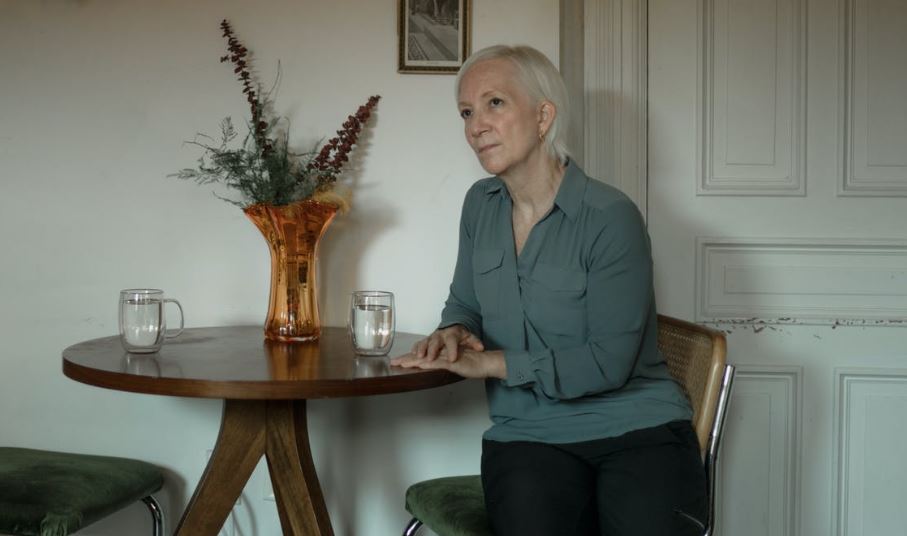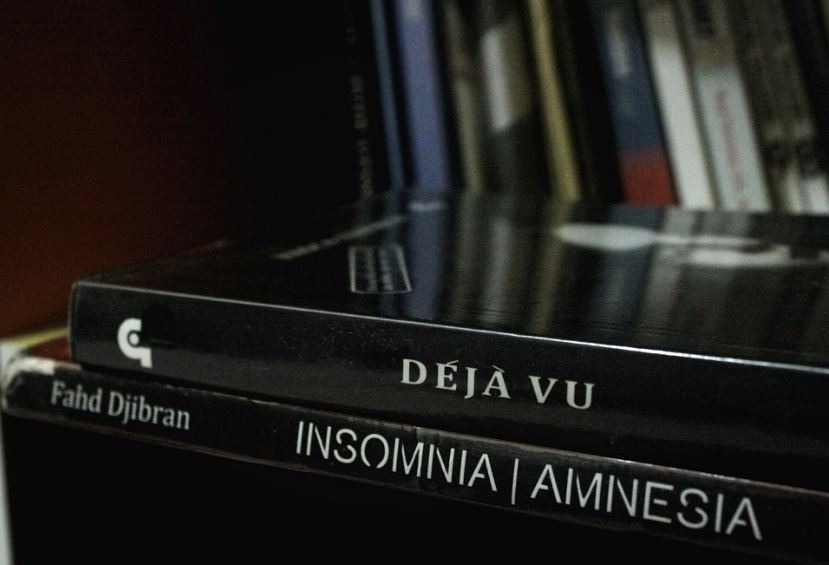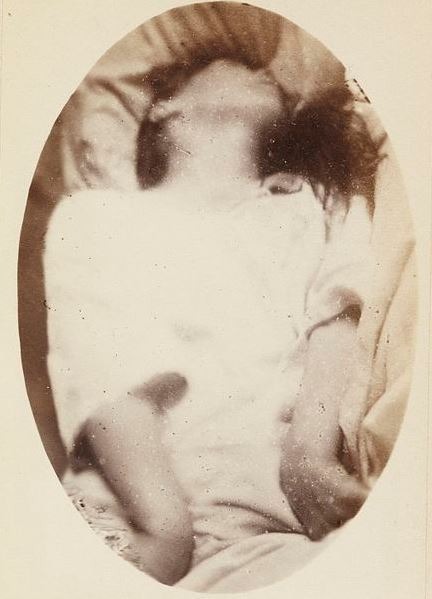Déjà vu is a peculiar sensation in which a scenario feels much more familiar than it should. Young individuals are the ones that have the most déjà vu. Many children recall their first experiences of this sensation between the ages of 6 and 10.
This article looks at studies on déjà vu, including what it is, how widespread it is, and the frequently asked questions people have about it.
What Is Déjà Vu?
Déjà vu is French for “previously seen” and is pronounced day-zhaa voo. It explains the exciting and weird sense of feeling very familiar with something yet knowing that the familiarity should not be as intense.
For example, you could be walking to school and suddenly realize you’ve been in this circumstance before. Of course, you’ve been in this situation before – you’ve walked to school numerous times – but the emotion is so intense and so tied to the present that you know it shouldn’t feel so overwhelming.
People often claim déjà vu experiences in novels and movies because they can make them feel like they had peered into the future. They’re strange but fascinating experiences that can reveal a lot about how our minds work, particularly our memories.
What Causes Déjà Vu?
The brain’s temporal lobe is where memories are stored. This area of the brain aids with the recognition of previous events. Although science has yet to show that everyday déjà vu is caused by memories stored in the temporal lobe, some experts believe there is a link between the two.
To explore the idea that déjà vu is linked to memory, researchers created virtual reality settings based on the universe of the video game Sims. Many of the people who took part in the project had déjà vu moments when they saw sights that seemed identical to ones they’d seen before.
Some people believe déjà vu exists to aid them in anticipating a future event. According to the study, individuals did not grow more likely to identify the correct path or provide more accurate replies while carrying out virtual reality scenarios. More study is being conducted to determine why people experience déjà vu.
Who Has the Most Déjà Vu Experiences, and What Does This Indicate?
Young individuals are the ones who experience the most déjà vu. Depending on your age, you may still have to wait a bit before experiencing your first déjà vu. Only a small percentage of people claim to have experienced their first déjà vu experience before six.
More people say their first déjà vu encounter occurred before they were ten years old. The reason it may take a long for you to get your first déjà vu experience is that you should be able to determine whether the feeling of familiarity you are experiencing is real or not. This may be difficult for many younger children.
If you’re between the ages of 15 and 25, you’re more likely to feel déjà vu than you will be in the future. After 25, the number of people who have déjà vu encounters steadily diminishes. For researchers, this is perplexing because we are accustomed to thinking of memory issues growing rather than decreasing with age!
This could indicate something very crucial about déjà vu: that it is not a memory impairment at all. If you consider the stage of déjà vu when you know that your sense of recognition should not be as powerful as it is, you’ll see that this is a beneficial response. It informs you that, while you may have a strong sense that something is familiar, this feeling is incorrect, and you should strive to ignore it.
Déjà vu could be a sign of a healthy mind capable of detecting false familiarity signals. Perhaps what happens to folks beyond the age of 25 is that they become less adept at identifying false familiarity signals and begin to believe them. However, this isn’t the sole explanation for the rise in the number of déjà vu events reported by people above 25.
What Medical Conditions Cause Déjà Vu?
Most people have déjà vu without any negative health consequences. Déjà vu might be an indication of a neurological condition in rare situations.
Individuals with epilepsy frequently experience focal seizures in a single part of the brain, generally the temporal lobe, where memories are stored. Temporal lobe seizures are what they’re termed.
Seizures are caused by bursts of unregulated electrical activity in the brain, which cause nerve cells to misfire. Because focal seizures are brief and people are usually awake when they occur, it isn’t easy to recognize what’s going on. A person having a focused seizure may appear to be daydreaming or staring out into the distance.
Déjà Vu: Frequently Asked Questions
Why Do We Experience Déjà Vu?
When our brains give us a signal that something has happened before, we experience déjà vu. It’s not something to be anxious about in general. Some specialists, however, feel that brain malfunction is to blame for this occurrence.
Is Déjà Vu a Good Thing or a Bad Thing?
Déjà vu is a sensation that is neither good nor terrible. According to studies, it may be caused by the brain double-checking information from your senses.
Is Déjà Vu a Symptom of a Mental Disorder?
Maybe. If you keep having déjà vu, you could be suffering from a neurological condition. It’s also a prevalent dementia symptom.
Is Déjà Vu a Red Flag?
Deja vu can strike out of nowhere, and while the sensation may feel real for a brief while, it is not a reliable indicator that anything horrible is about to happen.
Should You Seek Medical Help for Déjà Vu?
If you believe that temporal seizures or any other neurological disorders drive your sensations of déjà vu, you should see a doctor. If you experienced any of these problems, seek treatment right away:
- Seizures that last more than 5 minutes
- Having a second seizure after the first
- Injuring yourself during a seizure
- Have trouble getting hold of your breathing after a seizure
- Remaining unconscious after a seizure
- Currently pregnant
- Having other medical problems like diabetes
If you’re having a seizure for the first time, get medical advice. The hippocampus, the area of the brain that aids you in learning and controlling your memory, can atrophy if you have temporal seizures regularly. You, too, can lose brain cells, leading to memory problems.



